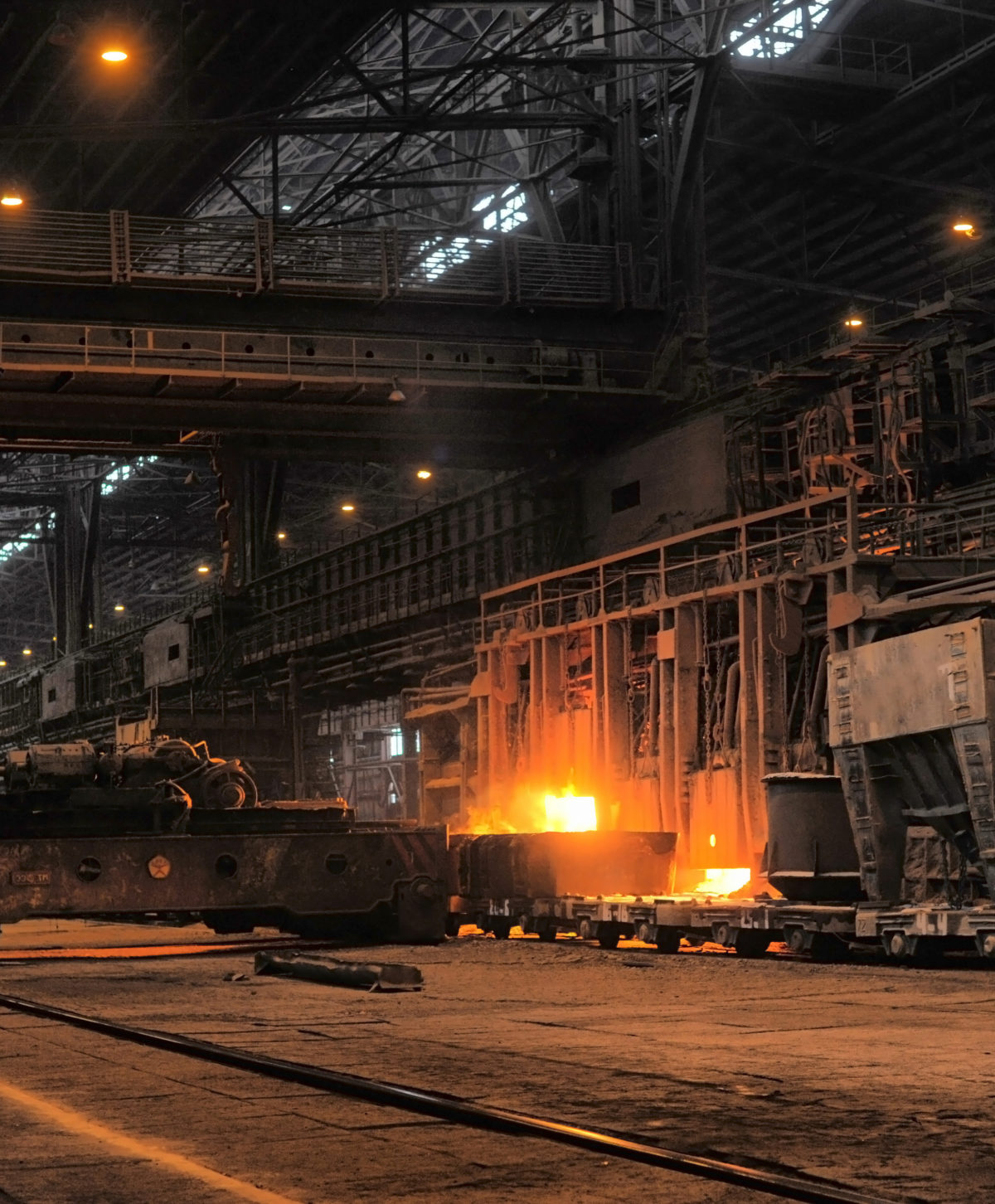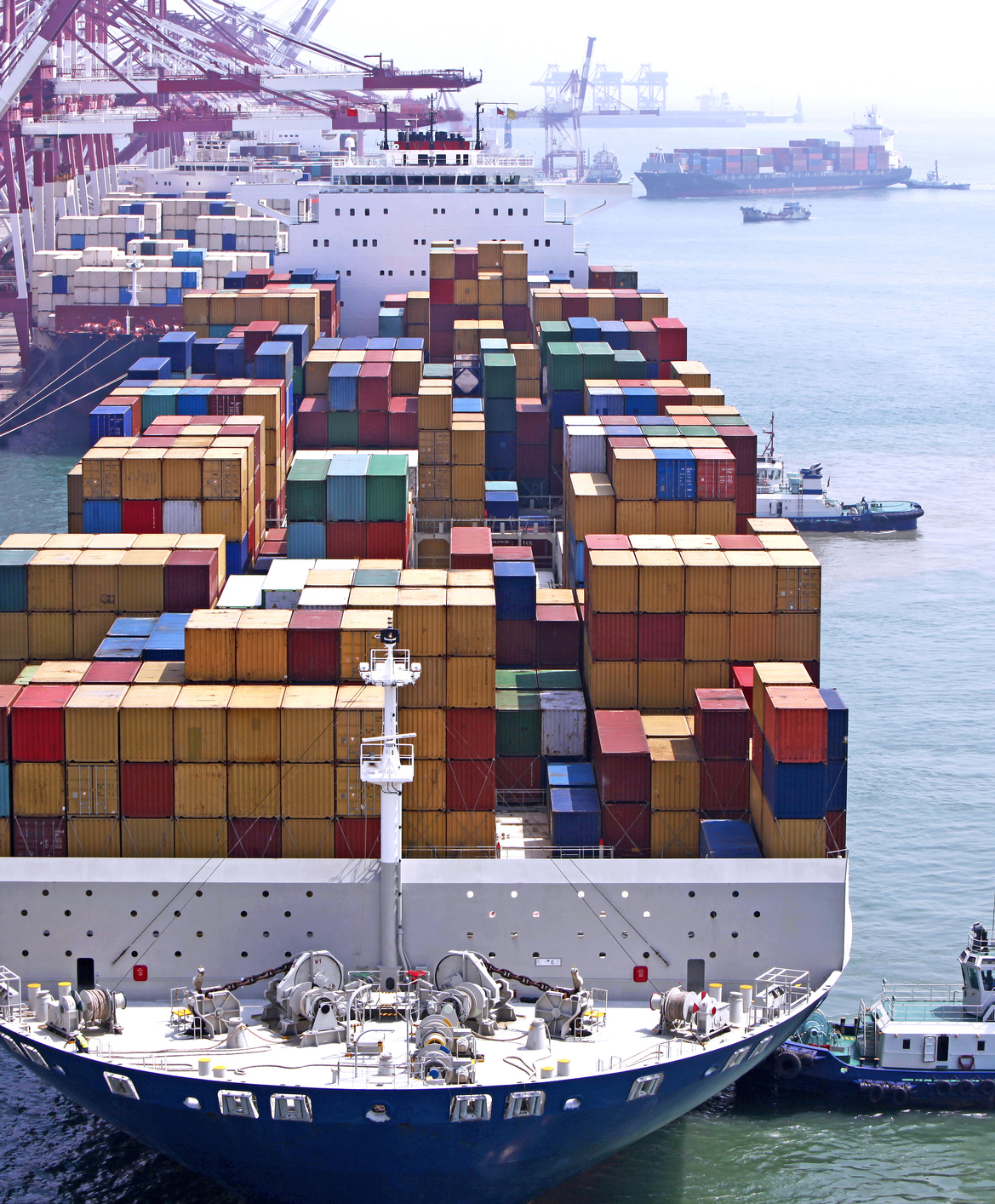A panel of advocates for the aluminum production industry on Wednesday urged President Donald Trump to expedite action around a U.S. Commerce Department investigation that began in April.
Results of the investigation are due as early as next week as the U.S. aluminum industry wrestles with a steep downturn in capacity instigated by what it calls unfair subsidies of producers in China, Russia, India and the Middle East.
“I’ll put this bluntly,” Century Aluminum CEO Mike Bless said at a press conference in Washington, D.C. organized by the China Trade Taskforce. “We cannot survive much longer if we don’t act.”
Century is the only U.S. maker of high purity aluminum, which is used extensively in military fighter jets, vehicles and vessels.
Bless noted that whereas there were once 23 primary aluminum smelters in the U.S., only five remain, and only two are operating at full capacity. Bless and other speakers said the degradation of U.S. production is due to rapid and extreme overcapacity by state-owned enterprises abroad. Those subsidized producers use predatory pricing to drive down rates for aluminum, which is a global commodity subject to extreme volatility.
The so-called Section 232 investigation, part of the 1962 Trade Expansion Act, has been carried out by the Commerce Department, which will consider overcapacity, dumping, illegal subsidies, and other factors to determine whether aluminum imports threaten American economic security and military preparedness.
If threats to national security are found during the investigation, Section 232 gives the president broad powers to adjust aluminum imports, including through the use of tariffs.
Bless said foreign producers receive subsidies on energy (the highest input cost in the production of aluminum) and financing, while private U.S. producers receive no similar benefits.
Tom Conway, vice president of the United Steelworkers Union, said time is of the essence in terms of the need for action to be taken by the Trump administration. He said 8,000 of his members have lost jobs related to aluminum production due to subsidies that foreign producers receive.
“We’ve been on the frontline of trade battles for a long time,” Conway said. “We’ve participated in more trade cases than any other entity. And we’ve felt the brunt of trade cases through lost jobs. By the time a trade case makes its way through the process, we’ve lost already. The current process we have doesn’t work. The deck is stacked against us. Our companies aren’t competing against other companies, they’re competing against other countries.”
Conway pointed to comments from Commerce Secretary Wilbur Ross that the aluminum issue was a pressing issue when the 232 investigation was instigated.
“The administration promised a reaction and that it’d be quick,” he said. “It’s nine months on, and our members can’t understand why this has dragged on if it’s a crisis. They were told to wait for health care and the tax bill.”
(Ret.) Brigadier Gen. John Adams, now a defense consultant, and former U.S. Speaker of the House Newt Gingrich (who participated in the conference via video from Rome), hammered home the importance of retaining domestic production of high-grade aluminum for U.S. defense.
Adams said the military needs to have unfettered access to the production of a critical component, and that relying on supply chains that touch potential adversaries like China and Russia is dangerous.
“We must not abet China by not remaining complacent in meeting this challenge,” he said.
Gingrich focused on the idea that the aluminum case could serve as a bulwark for a broader redefinition of the protection of the U.S. military industrial base, suggesting that government enact trade policies that take into account these critical sectors. He said decisions around dumping and countervailing duties, or when trading partners are not acting in good faith, need to be made in a more agile manner.
Every speaker spoke to the fragility of the industry, with Bless putting a fine point on its vulnerability.
“In the fall of 2015, there was a time when all U.S. production was going to end for primary aluminum production due to price reduction on global market,” he said. “We’re talking about this industry ending in a matter of months.”
None of the speakers advocated for a ban on imports, but most suggested targeted actions that would raise the price of aluminum imports and help the industry recover its footing.
There is some pushback domestically against any import actions, primarily from downstream industries that rely on aluminum as an input, and are wary of seeing those costs rise.




